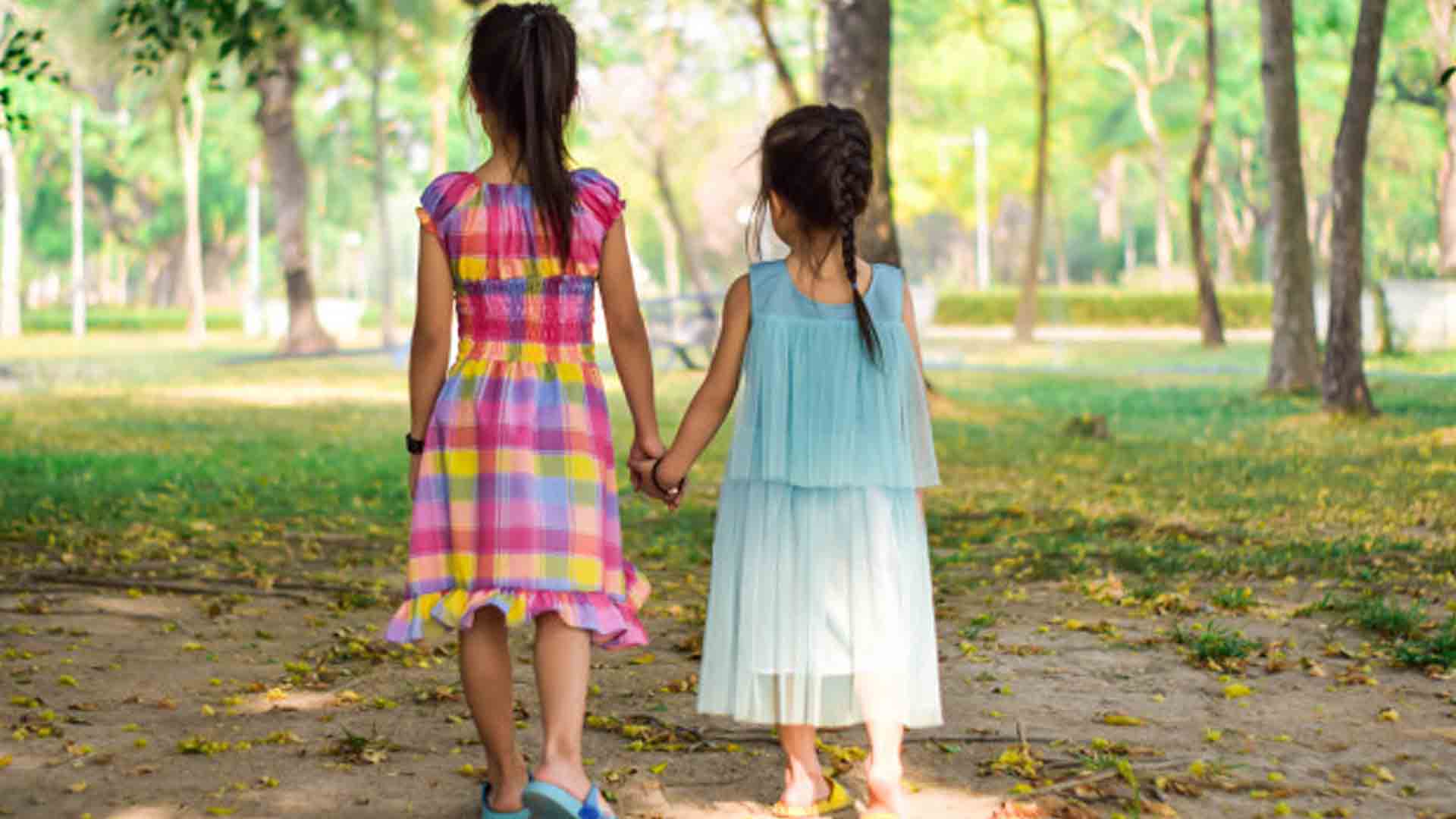Save the Children Philippines on Saturday, appealed to the national and local governments to address the climate crisis as the series of extreme weather events continue to compromise children’s rights to health and survival, learning, and protection from harm and exploitation.
“Children are inheriting a planet in crisis where extreme weather conditions are causing devastating typhoons, storm surges, and massive flooding that affect their well-being and future – even if they are not responsible for it,” said Atty. Alberto Muyot, Chief Executive Officer of Save the Children Philippines.
Muyot said Luzon, the Philippines’ largest and most populous island which is home to 27 million children, has been battered by the successive onslaught of typhoons Quinta (International name: Molave), Rolly (Goni), and most recently Ulysses (Vamco) heavily devastating the Cagayan Valley region. These typhoons have taken lives and displaced children from poor households and in remote areas.
The child rights organization has been providing humanitarian support to children and their families affected by Typhoon Rolly in the Bicol region. Three truckloads of life-saving emergency items will be distributed to displaced children and their families in Catanduanes province this weekend.
Save the Children launched the Red Alert campaign that calls for a unified and child rights-based solution to climate crisis. November also marks National Children’s Month and the 30th anniversary of the Philippines’ ratification of the United Nations Convention on the Rights of a Child (UNCRC) which seeks to improve the way the world treats children.
Under the terms of the convention, governments are required to meet children’s basic needs and help them reach their full potential. Central to this is the acknowledgment that every child has basic fundamental rights which include life, survival, and development.
Save the Children Philippines advocated the enactment of Republic Act 10821 or the “Children’s Emergency Relief and Protection Act” that directs national and local government agencies to protect children from disasters and emergencies. The law also mandates local governments to ensure babies have access to breastmilk even during emergencies.
“The most marginalized and deprived children have been hit the hardest, and existing inequalities have been exacerbated by the COVID-19 pandemic coupled with the natural disasters that we are experiencing. Now more than ever, children need our help to survive and rebuild their lives,” said Muyot.








